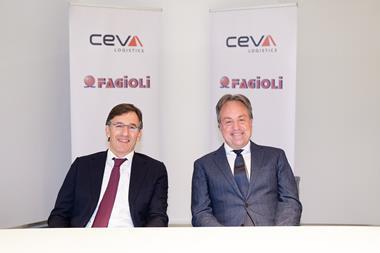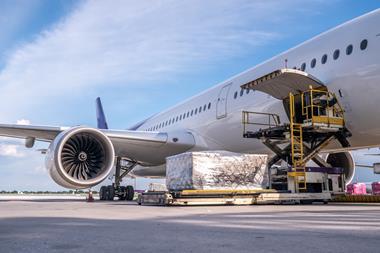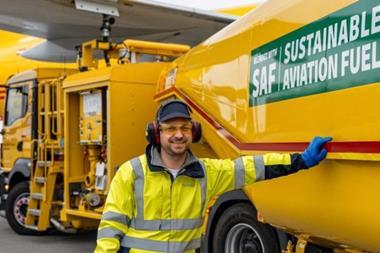
DSV Panalpina is planning to once again hit the acquisition trail in 12-18 months time, with “larger rather than smaller” companies targeted, says its new chairman Thomas Plenborg.
He specifies that “additions within road are likely to be on the radar next” especially when the road division’s new transport management system is fully developed and ready to scale. “The industry is still very fragmented, and there’s lots of scope for further consolidation.”
The timing of the next acquisition will depend on the company being able to confirm that the integration of Panalpina is on track, he said.
The statement of intent comes shortly after DSV completed its $5.5bn deal to takeover Panalpina (finalised in August).
Plenborg said: “We’ve made the biggest acquisition in the history of DSV, and we’ve made a promise to our shareholders that we can successfully integrate Panalpina. We are fully committed [for the next 12-18 month] to delivering on that promise and believe in the many synergies that can come from the combination: better and more services, stronger networks, greater buying power. The business case is solid, and I believe it’ll be absolutely amazing once the integration is complete.”
Plenborg has great confidence in the management of DSV – and the experience they have within the industry. “We have a very strong and stable management team, and they know what they’re doing. They have the raw leadership skills needed to integrate two companies in an efficient and pragmatic way.”
During his time as a member of the Board and Deputy Chairman, Plenborg, a professor in the Department of Accounting and Auditing, Copenhagen Business School, was impressed by the strong DSV culture, which he described as very healthy.
“People are very productive and have a great work ethic; and they like to measure their performance, so they continuously know if they’re doing better or worse than yesterday.”
He feels that the continued success of DSV Panalpina is about striking a good balance between local empowerment and central management, but to a very large extent he wants to preserve empowerment as a driving force and motivation among employees.
Plenborg states that other issues the new executive board needs to consider once the integration is well underway are “how to steer the business sustainably into the future – and how to successfully mitigate risks.
“The climate debate is starting to manifest itself among customers too, and we need to think more about what we can do to promote eco-friendly solutions. It’s a complicated problem, and we’d want to find a way without disrupting the industry, the global supply chain or our position as a profitable business.”
In terms of risk, he believes the priorities are cyber security and the possibility of a cyber-attack “which is hard to prevent entirely. And it can be devastating, so it’s a serious risk.”
He is happy with DSV Panalpina’s focus on digitalisation and initiatives such as Innovation Lab to fast-track the implementation of new technology/innovative ideas.
“I think the management have found a good balance between focusing on what works right now and keeping an eye on developing technologies.”










